DISCOVER THE CAMPANIA REGION
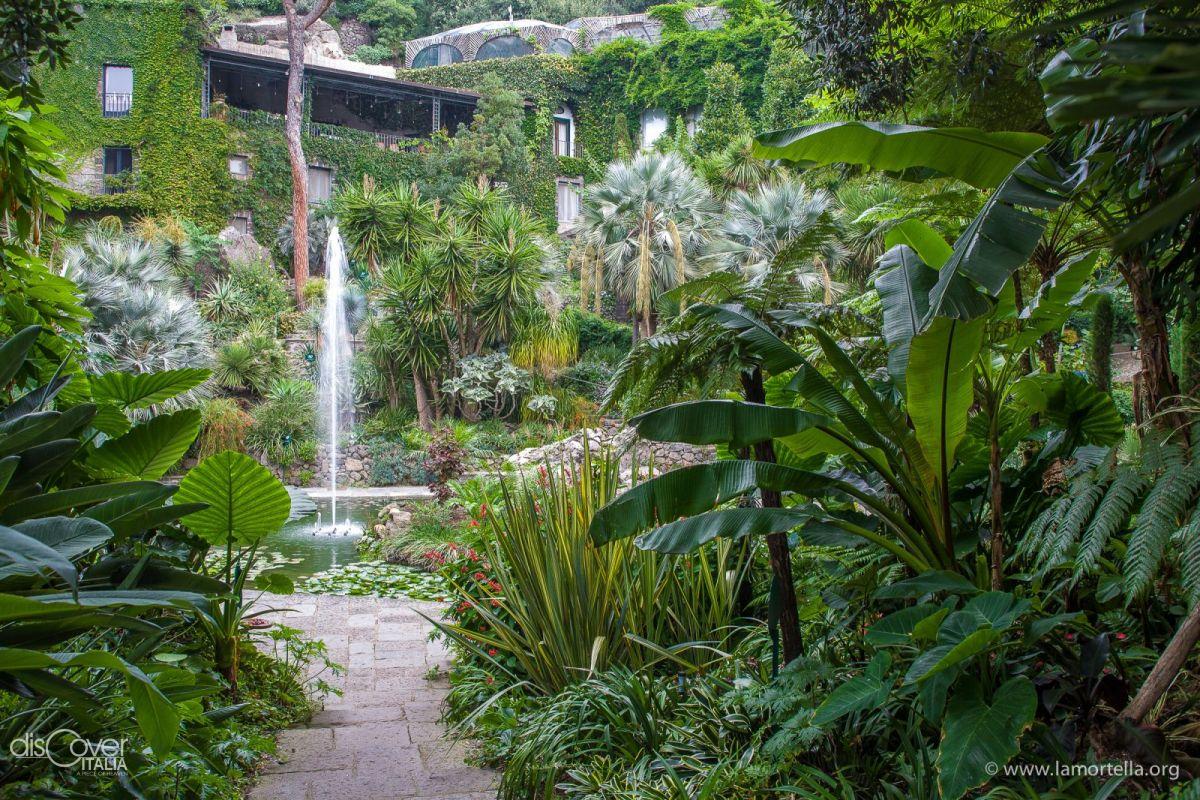
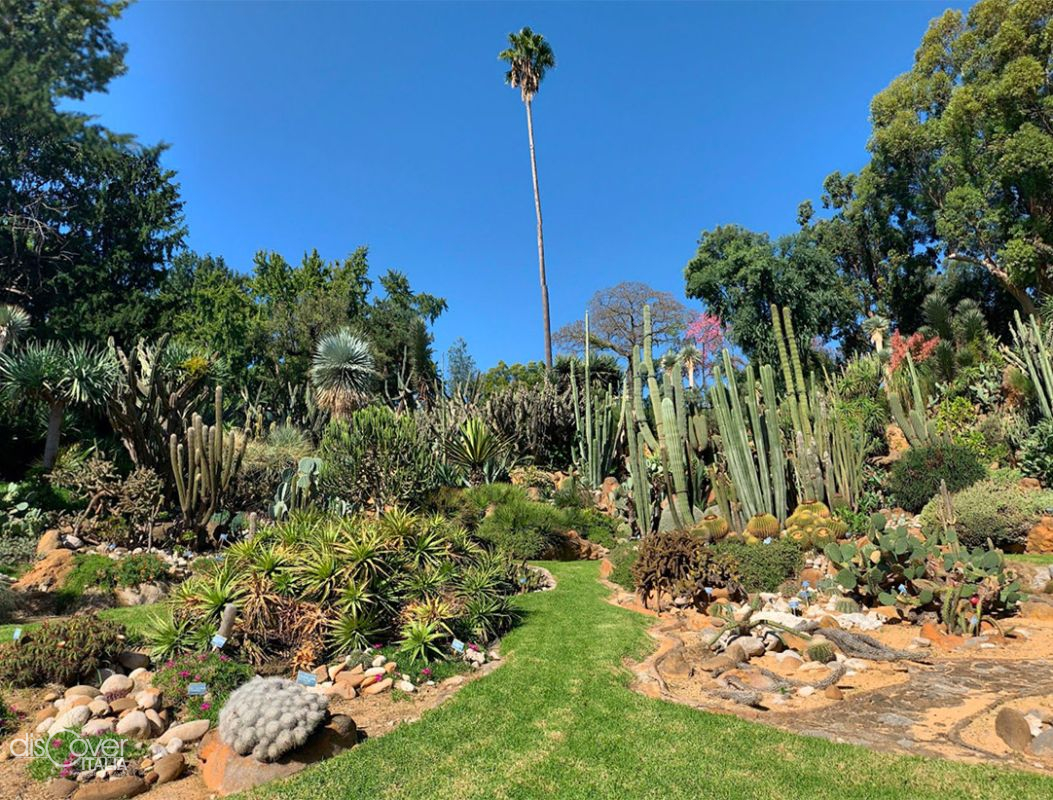
A garden inspired by rigorous scientific parameters, but that could be enjoyable for the visitors as well. It was with these criteria that the project of the Royal Botanical Garden was created, when, in 1807, king Joseph Bonaparte decided to launch the work, already imagined by Ferdinand IV.

A public walk along the sea. It was in 1692 when the viceroy of that time, Luis Francisco de la Cerda Aragòn, Duke of Medinaceli, had the idea. The Riviera di Chiaia was chosen to make the innovation possible, where the beach was paved and in order to embellish the new road, fountains were installed and several trees were planted.
In the city of the most famous medical school of the Middle Ages, Salerno, there could not be missing Giardino dei Semplici with the plants necessary for the therapies in use at that time.
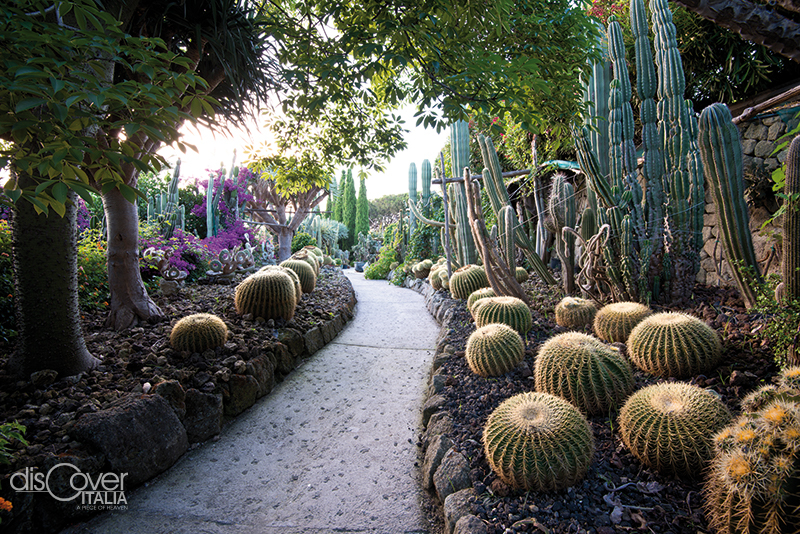
At the Ravino Gardens in Forio d'Ischia the largest collection of succulent plants in Europe.
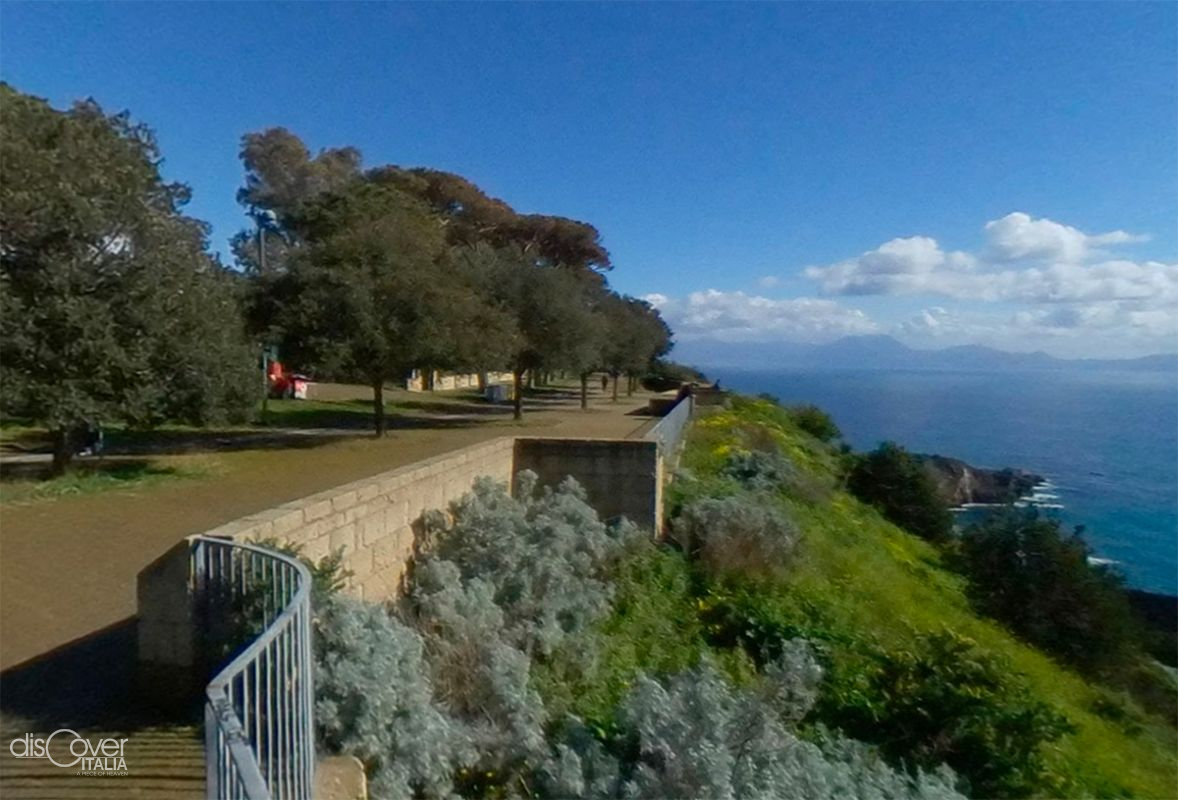
At the beginning, when it was opened to the public in 1931, it was called "Parco della Vittoria" (the "Victory Park") or "della Bellezza" ("of the Beauty"), and then became Park of Remembrance in honor of the fallen of the First World War.
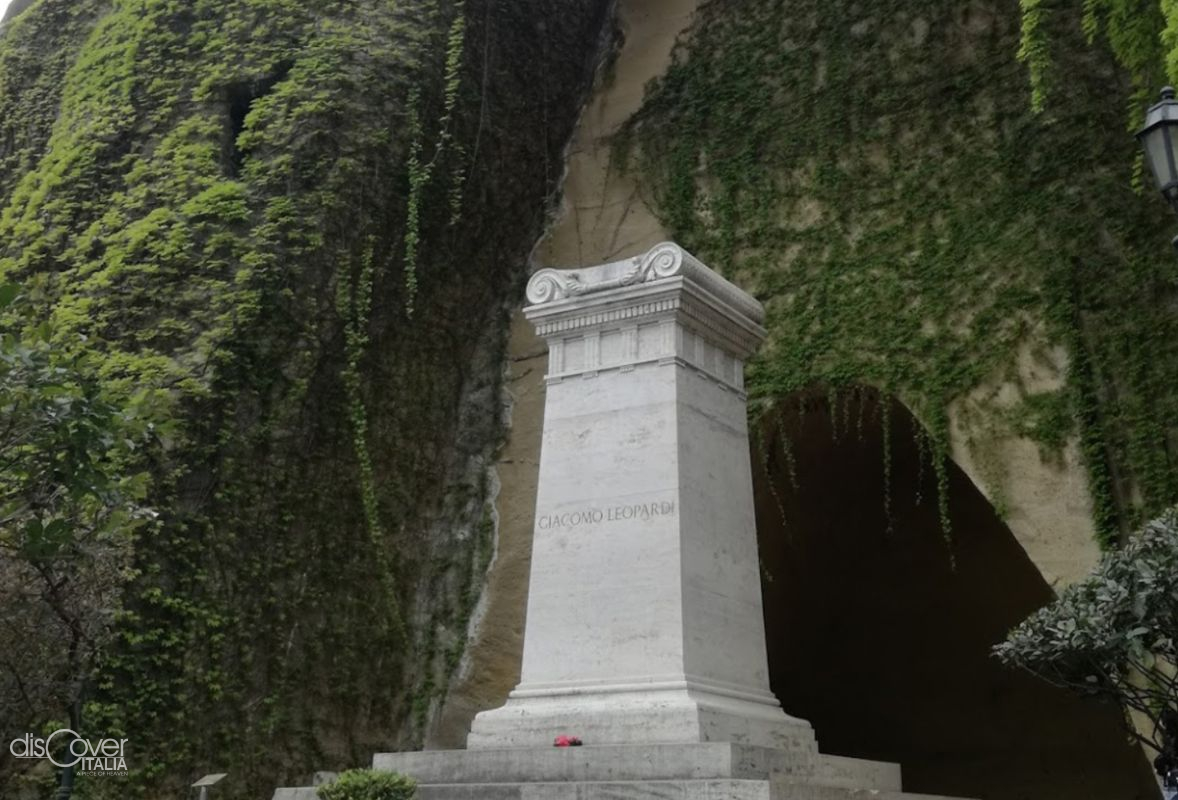
Only a vowel changes in the adjective but the reference fo the poet Virgil remains in both cases, but the Vergilian Park should not be confused with the Virgilian one, already Park of the Remembrance. The Vergilian one is located behind the church of S. Mary of Piedigrotta.
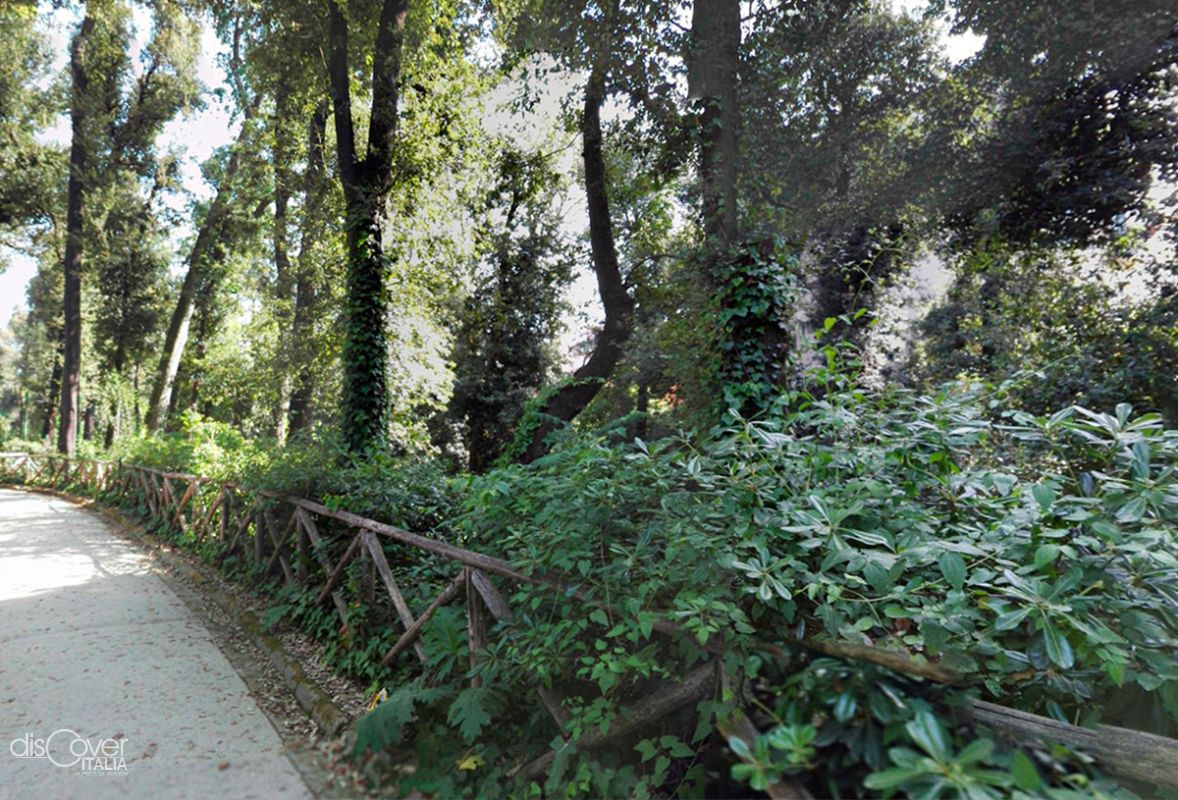
Fresh and healthy air, a splendid view of the gulf, as green as the setting of an eighteenth-century villa: there were all the conditions for it to be an ideal holiday residence. And they convinced King Ferdinand I that it was worth buying that property on the southern edge of the Vomero hill to present it to the Duchess of Floridia Lucia Migliaccio, his morganatic wife.
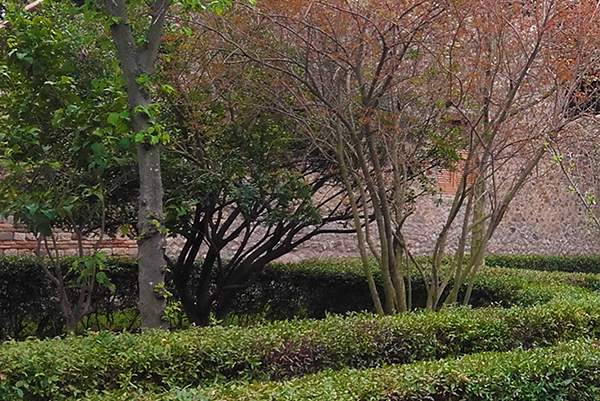
Inaugurated in 2007 and tended by the Superintendency of Pompeii’s Laboratory of Applied Research inside the Excavations, the Pompeii Botanical Garden occupies an area of over 800 meters square, in which all the species already living in the ancient city are collected: fruit trees, medicinal and sacred plants, vegetables, marsh and textile plants.
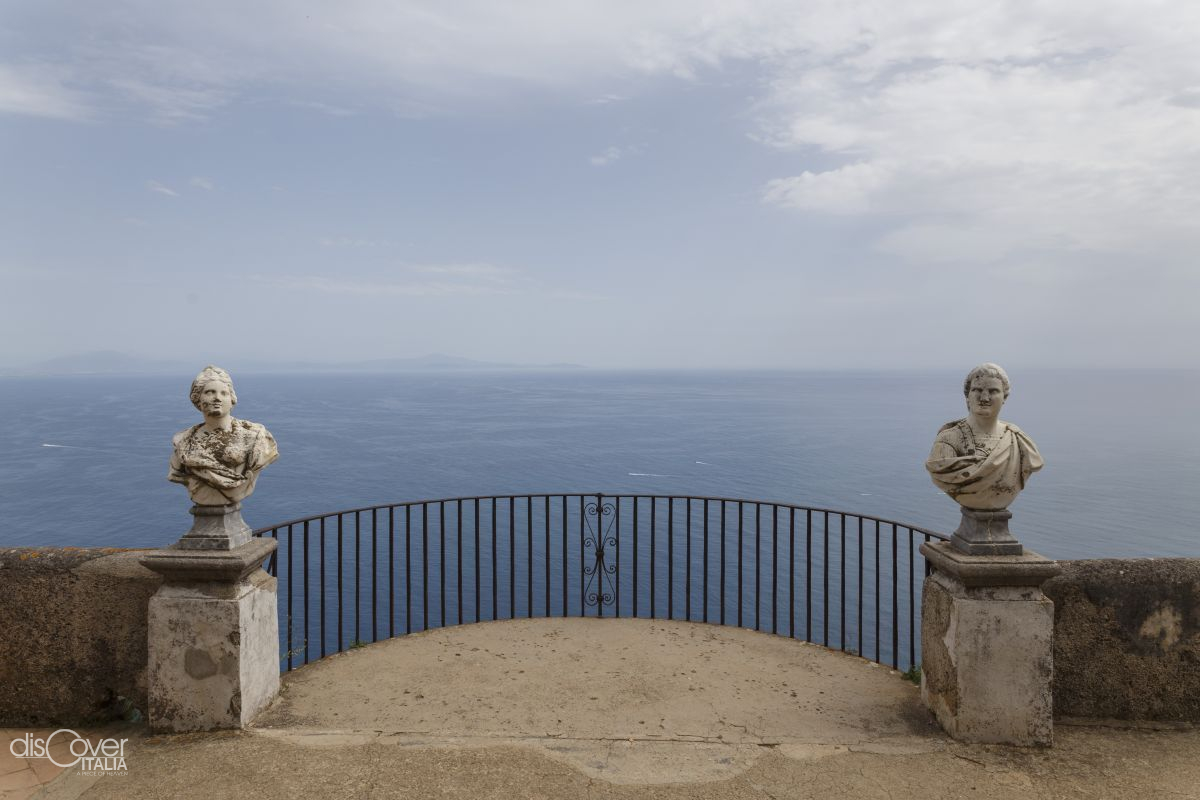
Cimbronium was the ancient name of the promontory with a breathtaking view of the Gulf of Salerno on which stands the splendid Villa Cimbrone, another of Ravello's jewels.
Copyright © 2026 - All rights reserved. Any type of reproduction, even partial, without permission is strictly forbidden.